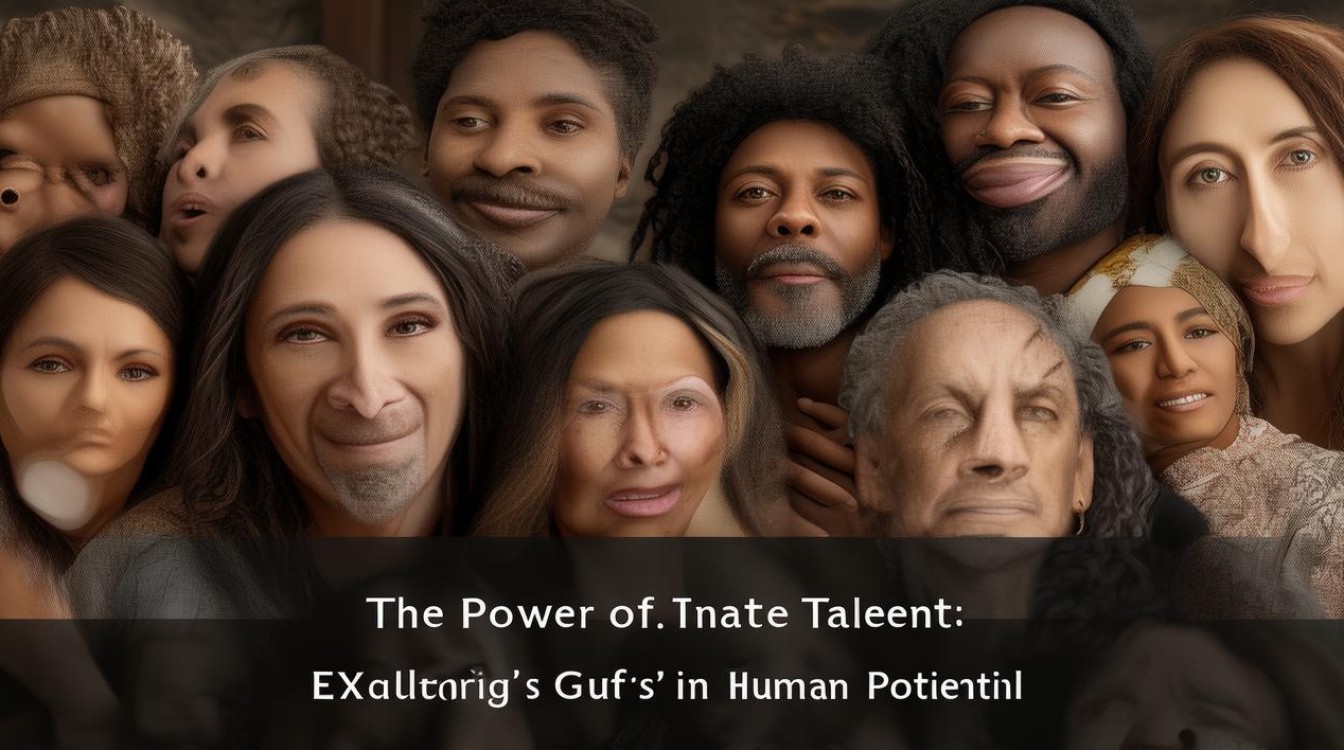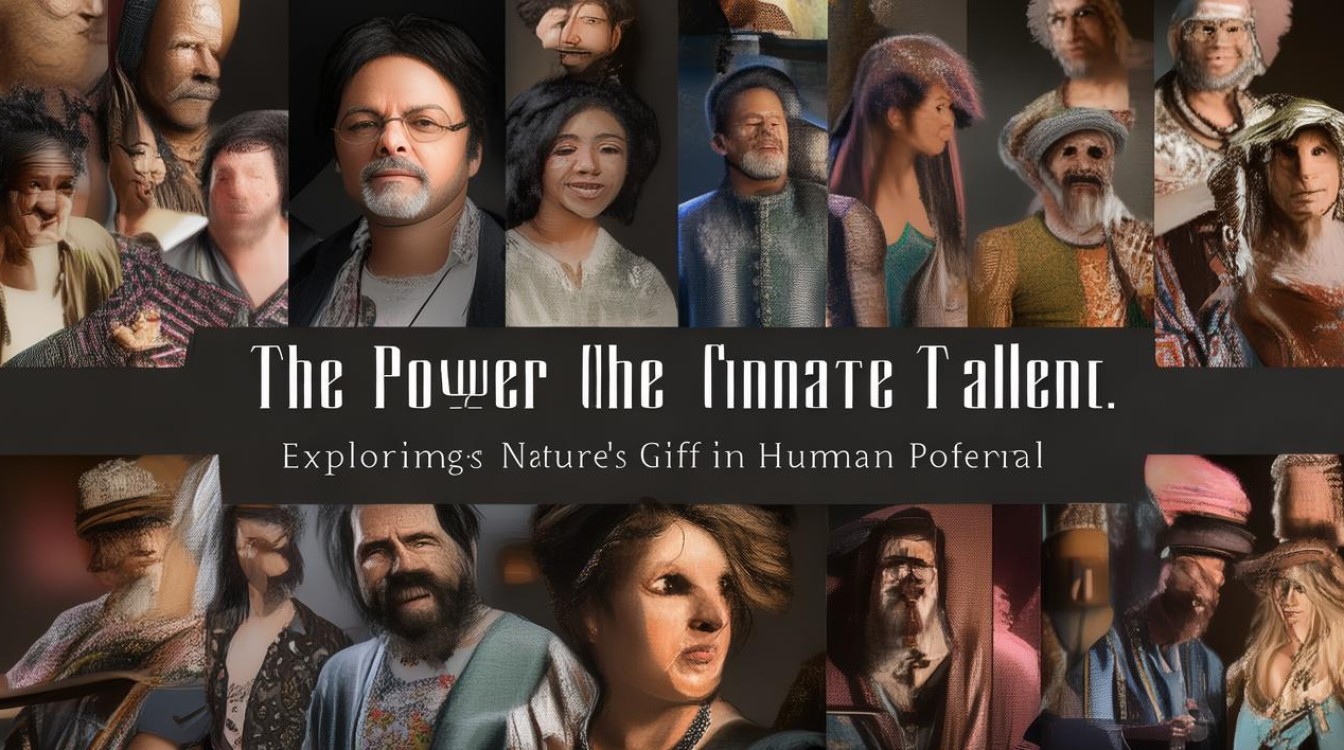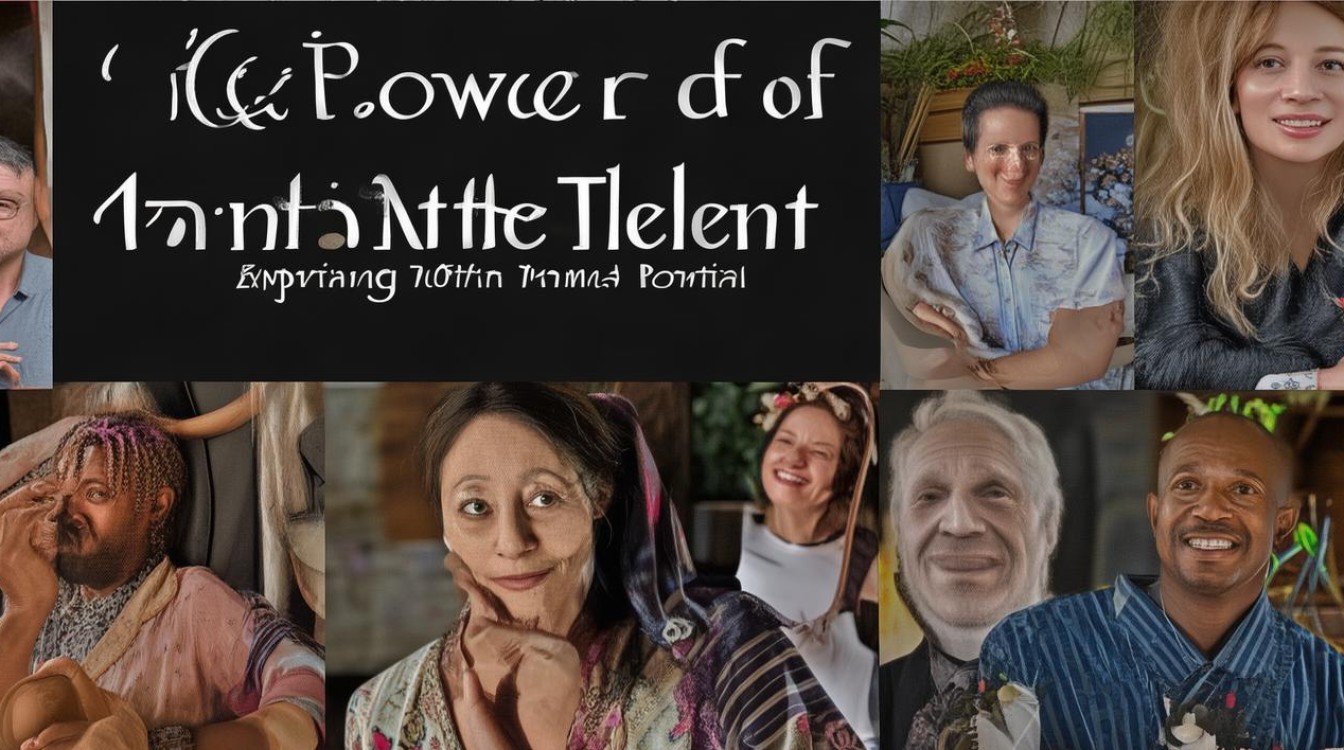From Mozart composing symphonies at five to Einstein revolutionizing physics with thought experiments, history brims with examples of individuals whose extraordinary abilities seem to defy explanation. This phenomenon we call "talent" – the natural aptitude for excelling in specific domains – has fascinated philosophers, scientists, and educators for centuries. While hard work remains crucial for mastery, understanding innate gifts provides valuable insights into human potential and personal growth.

The Science Behind Natural Abilities
Neuroscientific research reveals that talent often correlates with distinct brain structures and neural pathways. Studies on musical prodigies show heightened development in auditory cortex regions, while mathematical geniuses frequently exhibit unique activation patterns in parietal lobes. These biological differences don't merely result from practice; longitudinal studies tracking twins raised apart demonstrate that certain abilities maintain strong heritability components.
Genetic research identifies specific gene variants associated with exceptional memory, spatial reasoning, and pattern recognition. The FOXP2 gene, for instance, links to language acquisition abilities, explaining why some children absorb multiple languages effortlessly while others struggle with their native tongue. However, genetic predisposition represents just one piece of the puzzle – environmental triggers and early experiences activate these latent potentials.
Identifying Personal Aptitudes
Recognizing innate strengths requires honest self-assessment and exploration. Psychologists recommend paying attention to activities that induce "flow state" – those moments when time distorts, focus intensifies, and performance feels effortless. Childhood preferences often provide clues; many accomplished artists recall compulsive drawing tendencies from toddlerhood, while elite athletes frequently describe an irrepressible need for physical movement during youth.
Standardized testing offers another identification method. Spatial visualization tests predict engineering aptitude, verbal reasoning assessments indicate literary potential, and rhythmic precision measurements forecast musical talent. However, these tools work best when combined with real-world experimentation across diverse domains. Trying various disciplines – from coding to creative writing to mechanical tinkering – helps uncover hidden capacities that standardized metrics might miss.
Nurturing Inborn Gifts
Once identified, talents require deliberate cultivation. The "10,000-hour rule" popularized by Malcolm Gladwell applies differently to gifted individuals – they often reach mastery faster due to heightened learning efficiency in their domain. Tailored training approaches prove most effective:

- Early exposure matters significantly for talents requiring physical development like gymnastics or violin
- Cognitive talents in mathematics or chess benefit from challenging material presented at young ages
- Creative gifts thrive in environments encouraging experimentation rather than rigid instruction
Educational psychologist David Feldman emphasizes "co-incidence" – the perfect alignment of a child's emerging ability with available resources and mentors. Young Mozart found both musical training and performance opportunities; without either, his genius might have remained latent. This underscores the importance of creating environments where natural abilities can surface and flourish.
Talent Versus Effort: The Ongoing Debate
The "nature versus nurture" discussion persists in academic circles. K. Anders Ericsson's research on deliberate practice argues that expertise stems primarily from intensive training, while Dean Simonton's work highlights how innate factors influence the rate of skill acquisition. Modern consensus suggests an interaction model:
- Genetic factors set potential ceilings for various abilities
- Environmental factors determine whether individuals reach those ceilings
- Personal effort bridges the gap between capacity and achievement
This explains why two equally dedicated pianists might progress at different rates despite identical training regimens. The more gifted individual likely possesses neurological advantages in auditory processing and fine motor control.
Societal Implications of Talent Recognition
Educational systems increasingly acknowledge the importance of identifying and developing special aptitudes. Singapore's Gifted Education Program and Germany's youth sports academies demonstrate how institutions can cultivate exceptional abilities. These programs show superior outcomes compared to one-size-fits-all approaches, producing higher achievement levels and greater personal fulfillment among participants.
Workplace applications also gain traction. "Strength-based" hiring practices match candidates to roles aligning with their natural capacities, boosting both productivity and job satisfaction. Gallup research confirms that employees using their innate talents daily experience higher engagement and lower burnout rates.

Ethical Considerations
The talent paradigm raises important questions about equity and opportunity. When society rewards innate advantages, how do we ensure fairness for those with different gift sets? Progressive solutions include:
- Diversifying valued skills beyond traditional academic metrics
- Creating multiple pathways for success in education and careers
- Recognizing that all individuals possess unique talent combinations
Historical examples demonstrate the dangers of overlooking unconventional gifts. Dyslexic thinkers like Richard Branson and Charles Schwab achieved extraordinary success in business despite struggling with traditional education – their spatial reasoning and big-picture thinking abilities compensated for challenges in linear processing.
Maximizing Personal Potential
For individuals seeking to leverage their innate strengths, practical steps include:
- Maintaining a "talent journal" to track activities producing exceptional results with minimal effort
- Seeking mentors who recognize and challenge specific abilities
- Designing environments that minimize weaknesses while maximizing strengths
- Pursuing challenges slightly beyond current capabilities to stimulate growth
The most fulfilled individuals often discover ways to integrate multiple talents into cohesive careers. A physician with artistic abilities might pioneer medical illustration; an engineer with linguistic gifts could revolutionize technical communication. These hybrid paths frequently yield the greatest innovation and satisfaction.
Human potential manifests in countless forms – from the obvious brilliance of chess grandmasters to the subtle emotional intelligence of gifted counselors. Recognizing and cultivating these innate capacities benefits both individuals and society. While dedication and perseverance remain essential, understanding natural gifts allows for more efficient, joyful journeys toward excellence. The healthiest perspective views talent not as a fixed destiny but as a starting point – a biological advantage that still requires cultivation, opportunity, and wise application to fully blossom.

Some argue that emphasizing innate ability discourages effort, but the opposite proves true. When people operate in alignment with their natural capacities, they experience more progress with less frustration, fueling motivation to persist through challenges. The key lies in matching aspirations to inherent strengths while maintaining realistic expectations about areas requiring extra effort.
Modern psychology increasingly views talent development as an ecosystem rather than a lottery. Genetic potential interacts with environmental nutrients – quality instruction, proper tools, encouraging communities – to produce exceptional achievement. This framework empowers individuals to seek conditions where their unique capacities can thrive while acknowledging that even the most gifted require supportive structures to reach full potential.
Looking forward, advances in neuroscience and genetics may enable more precise talent identification and development methods. However, the human element – passionate mentors, inspiring peers, and personal drive – will always remain irreplaceable. The most extraordinary individuals throughout history combined rare innate abilities with extraordinary dedication, reminding us that while nature provides the seeds, cultivation determines the harvest.

